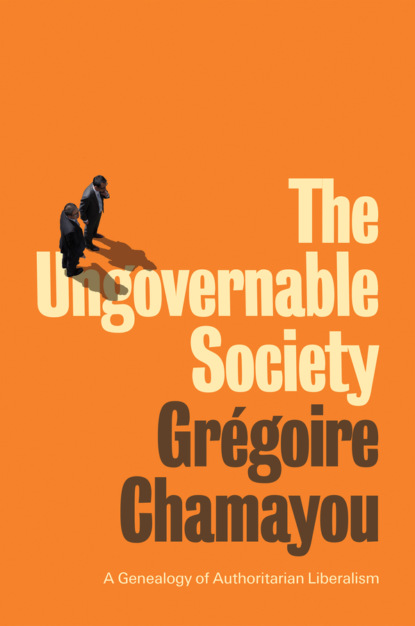О книге
Rebellion was in the air. Workers were on strike, students were demonstrating on campuses, discipline was breaking down. No relation of domination was left untouched – the relation between the sexes, the racial order, the hierarchies of class, relationships in families, workplaces and colleges. The upheavals of the late 1960s and early 1970s quickly spread through all sectors of social and economic life, threatening to make society ungovernable in the eyes of ruling elites. This crisis was also the birthplace of the authoritarian liberalism which continues to cast its shadow across the world in which we now live.<br /> <br /> To ward off the threat, new arts of government were devised in business-related circles, which included a war against the trade unions, the primacy of shareholder value and a dethroning of politics. The neoliberalism that thus began its triumphal march was not, however, determined by a simple ‘state phobia’ and a desire to free up the economy from government interference. On the contrary, the strategy for overcoming the crisis of governability consisted in an authoritarian liberalism in which the liberalization of society went hand-in-hand with new forms of power imposed from above: a ‘strong state’ for a ‘free economy’ became the new magic formula of our capitalist societies.<br /> <br /> Grégoire Chamayou analyses this crisis as it was perceived and theorized in the 1970s by those who strove to defend the interests of business – that is, the ruling elites, especially in the United States, from which a far-reaching intellectual and political movement spread. The new arts of government they devised are still with us today and we can understand their nature and lasting influence only by re-examining the history of the conflicts that brought them into being.
Отзывы
0Чтобы оставить отзыв или проголосовать, необходимо авторизоваться




 0
0 











